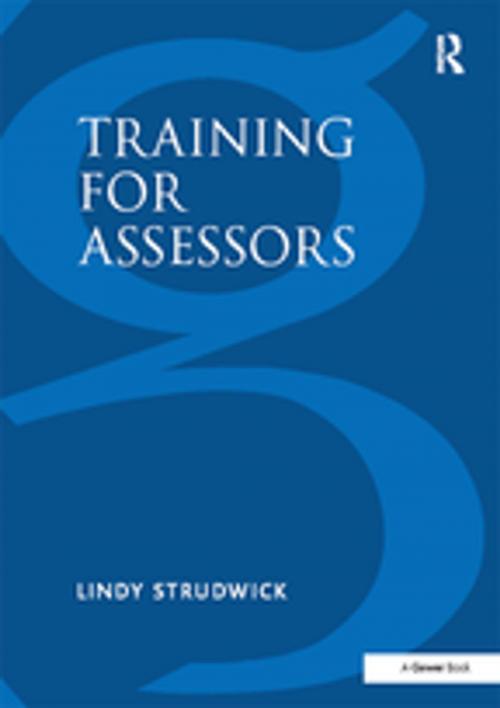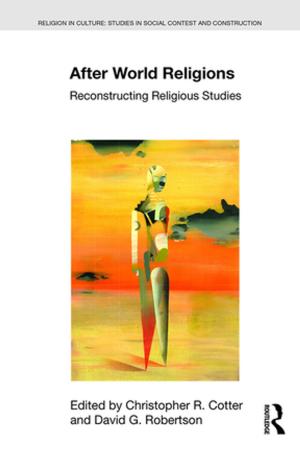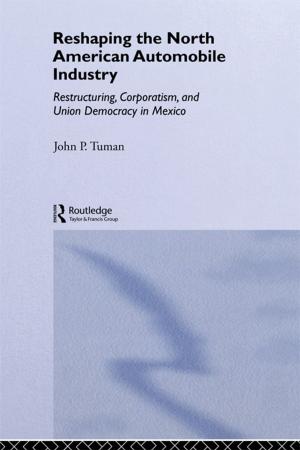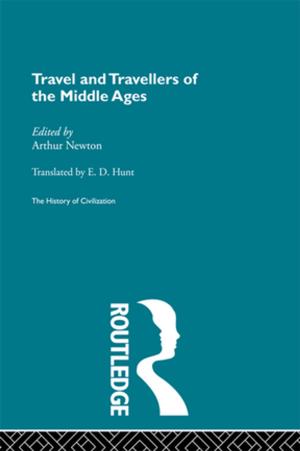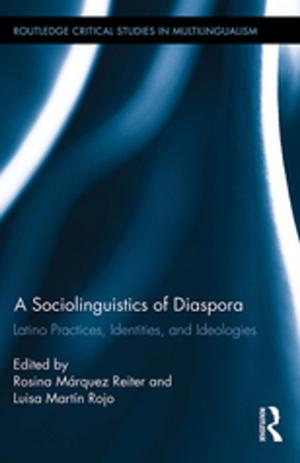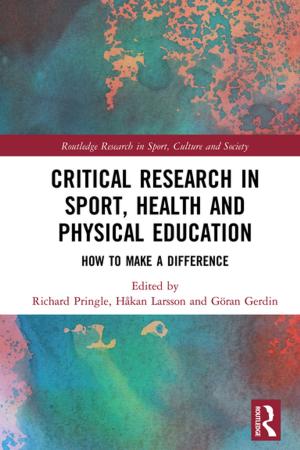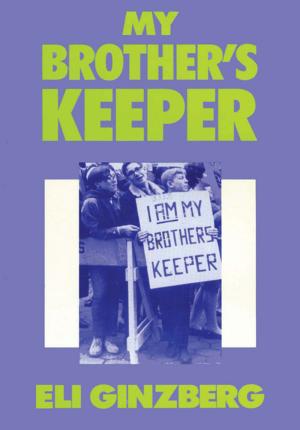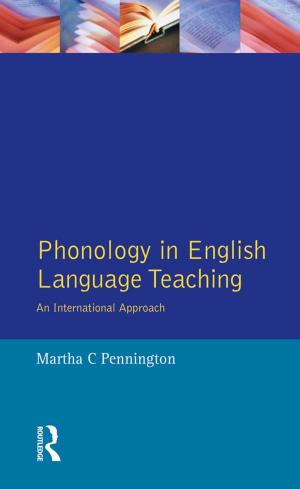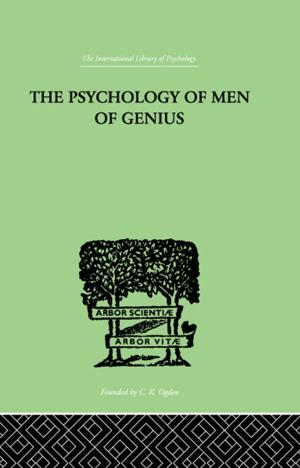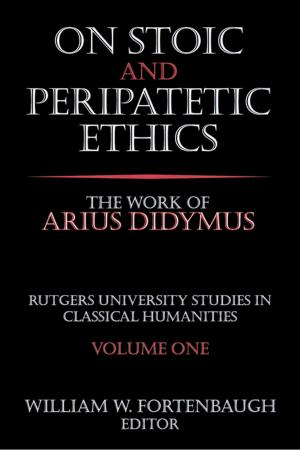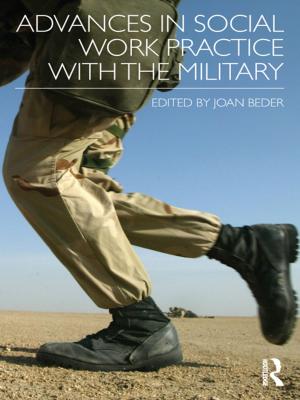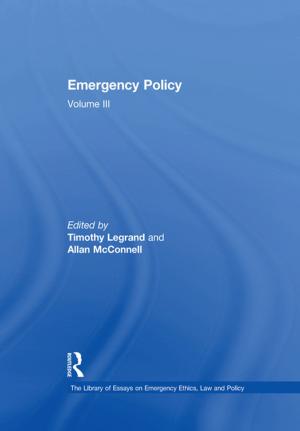Training for Assessors
A Collection of Activities for Training Assessment Centre Assessors, Roleplayers and Resource Persons
Business & Finance, Management & Leadership, Management| Author: | Lindy Strudwick | ISBN: | 9781351878173 |
| Publisher: | Taylor and Francis | Publication: | May 15, 2017 |
| Imprint: | Routledge | Language: | English |
| Author: | Lindy Strudwick |
| ISBN: | 9781351878173 |
| Publisher: | Taylor and Francis |
| Publication: | May 15, 2017 |
| Imprint: | Routledge |
| Language: | English |
Assessment and Development Centres are very resource intensive, both in terms of time and money. Poorly trained assessors, resource people and role players can all have a huge adverse impact on the results of an Assessment and Development Centre. To ensure consistency in the performance of assessors, resource people and role players, they must all be well briefed and properly trained. This manual provides a practical guide, with everything you need to train assessors, resource people and role players. Parts One to Three of the manual deal with the behavioural assessment skills of observing, recording, classifying, summarizing and evaluating (ORCSE). There are exercises for learning and trying out the techniques needed for each stage of the process. There is also a collection of mock simulations, which allow potential assessors to put all of the skills together and practice for real. Part Four covers training for resource persons and role players, an area which is often overlooked. Training for Assessors is an essential resource for anyone running, or planning to run, assessment and/or development centres.
Assessment and Development Centres are very resource intensive, both in terms of time and money. Poorly trained assessors, resource people and role players can all have a huge adverse impact on the results of an Assessment and Development Centre. To ensure consistency in the performance of assessors, resource people and role players, they must all be well briefed and properly trained. This manual provides a practical guide, with everything you need to train assessors, resource people and role players. Parts One to Three of the manual deal with the behavioural assessment skills of observing, recording, classifying, summarizing and evaluating (ORCSE). There are exercises for learning and trying out the techniques needed for each stage of the process. There is also a collection of mock simulations, which allow potential assessors to put all of the skills together and practice for real. Part Four covers training for resource persons and role players, an area which is often overlooked. Training for Assessors is an essential resource for anyone running, or planning to run, assessment and/or development centres.
